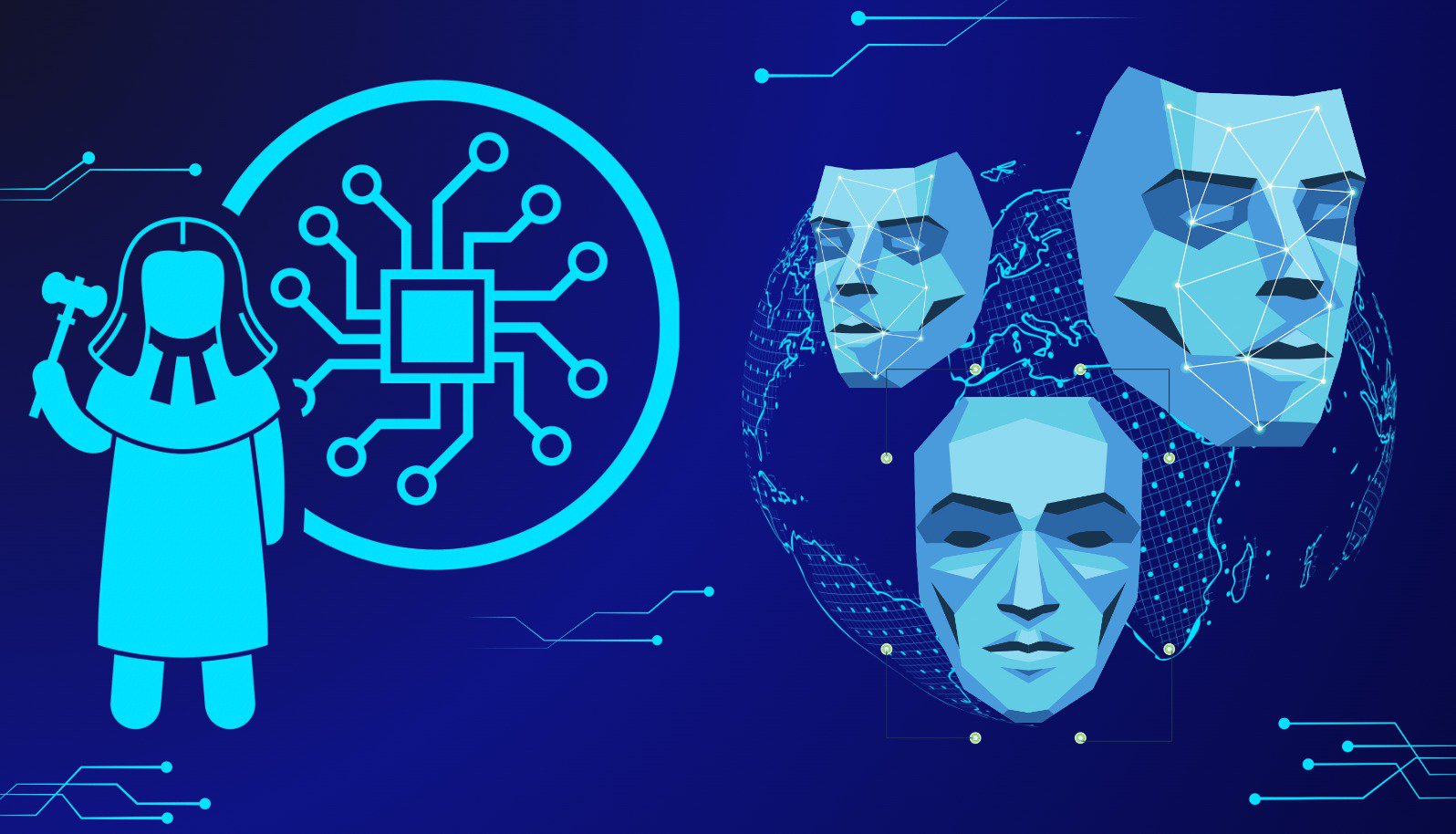On January 31, 2024, Federal Communications Commission (FCC) Chairperson Jessica Rosenworcel released a statement regarding Artificial Intellegence (AI) Regulations proposing that FCC issue a Declaratory Ruling establishing that telemarketing calls made using an AI-generated voice qualify as “artificial” voice calls as
that term is used in the Telephone Consumer Protection Act (TCPA).
Artificial Voices Under the TCPA
The relevant portion of the TCPA (47 U.S.C. § 227(b)(1)(A)) prohibits making any call "using any automatic telephone dialing system or an artificial or prerecorded voice" absent the prior express consent of the called party (emphasis added).
Of course, when this section of the TCPA was drafted, generative AI as we know it today resided solely in the realm of science fiction. The term “artificial voice” meant the crude computer-generated voices that were in use at the time (like the one famously employed by physicist Stephen Hawking), so whether the term can be said to apply to modern generative AI is for a court or a regulator to decide.
If a regulator such as the FCC rules that an AI-generated voice is “artificial” within the meaning of the TCPA, companies would need to obtain prior express written consent before delivering marketing calls that employ such technology.
Laying the Groundwork for Rulemaking AI Regulations
Even prior to Chairperson Rosenworcel’s announcement, the FCC made its intent to establish rules governing the use of AI in telemarketing abundantly clear. On November 15, 2023, the agency issued a Notice of Inquiry (“NOI”) to better understand the implications of emerging AI technologies in the context of telemarketing.
The FCC rulemaking process often starts with the launch of an NOI, in which the agency presents various questions about the technology at issue and seeks input from the public to determine if specific rules to govern its application are warranted, and events are spurring that process along at a breakneck pace.
States Call for AI Regulations
In addition to the FCC, many state regulators have been driving the push towards AI regulation. As detailed in a prior article, a coalition of 26 state Attorneys General submitted a letter to the FCC urging it to swiftly enact tough regulations to curb the use of generative AI to emulate a human voice in a telemarketing call.
AI Calls Used to Influence New Hampshire Primary
The AGs’ letter was penned in the wake of an investigation launched by the New Hampshire AG into reports that a political robocall used AI to clone the voice of President Joe Biden to dissuade voters from participating in the New Hampshire primary.
On February 6, just a few short weeks after the New Hampshire primary, the FCC’s Enforcement Bureau sent a cease-and-desist letter to Lingo Telecom, a Texas company alleged to have originated the offending AI calls to New Hampshire voters, in which the FCC demanded it to immediately stop supporting unlawful robocall traffic on its networks.
In addition, the FCC issued a K4 Order, strongly urging other providers to refrain from carrying suspicious traffic from Lingo Telcom, and may eventually require other network providers to block traffic from Lingo if the company fails to effectively mitigate illegal traffic on its network.
Chairperson Rosenworcel’s Statement
In her statement, Rosenworcel said that AI use in telemarketing is “already sowing confusion by tricking consumers into thinking scams and frauds are legitimate,” and noted the coalition of Attorneys General supporting a stringent approach on the use of AI in telemarketing.
Attorney General Michelle Henry, who led the coalition, responded to the statement, commending the FCC chairperson for taking “this timely action to ensure consumers have the ability to provide prior written consent before receiving calls with A.I. technology serving as a live agent.”
What Comes Next for AI Regulations
Companies with a stake in the outcome must wait to see whether the FCC will formally adopt the rule change promoted by its Chairperson and the state Attorneys General, but it hardly requires a clairvoyant to read the writing on the wall. It will happen.
Companies seeking to employ an AI-generated voice in outbound marketing calls should expect the technology to be officially considered an “artificial voice” as that term is used in the TCPA and therefore subject to the same restrictions governing robocalls.


